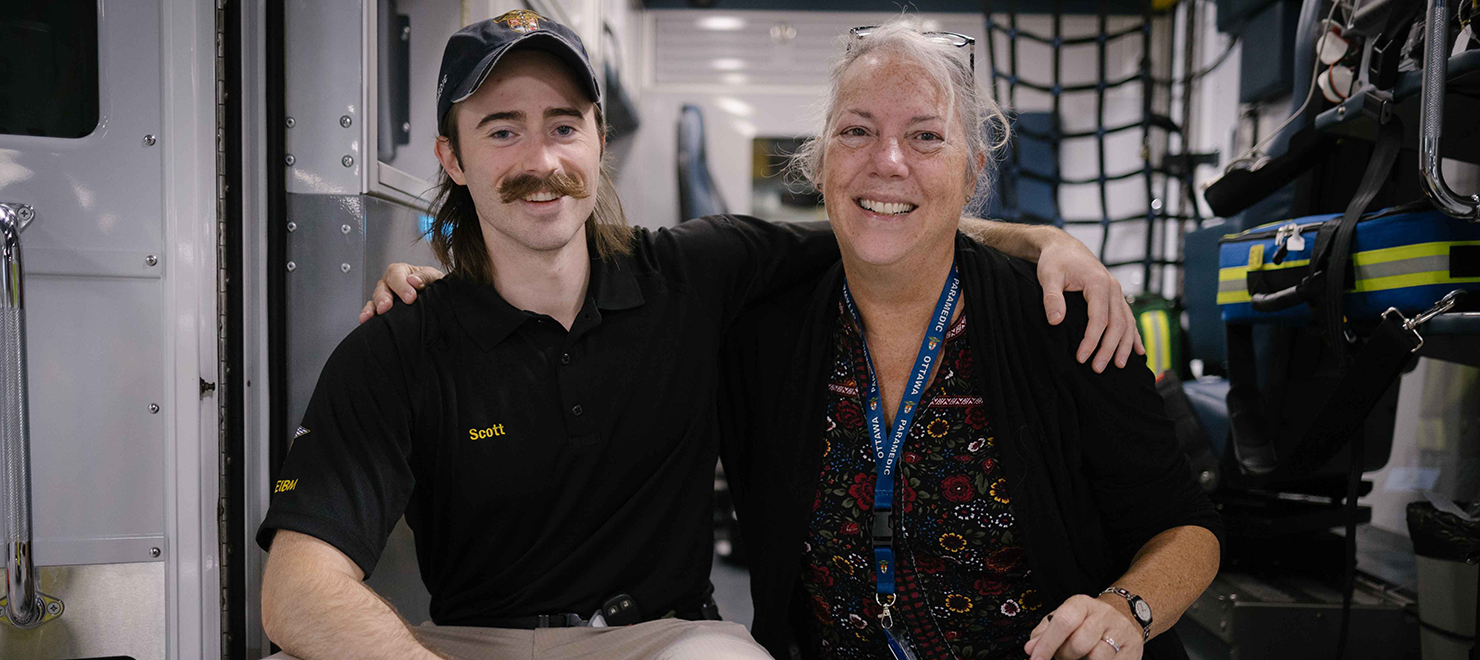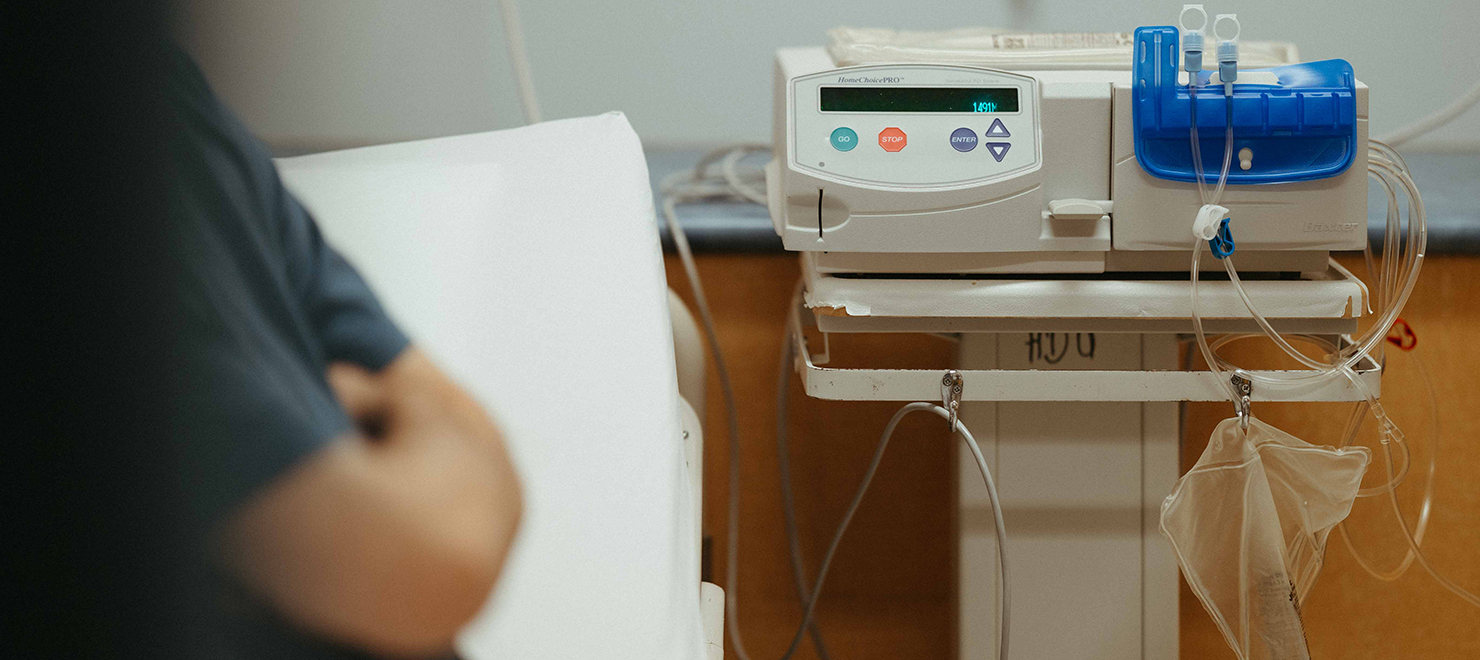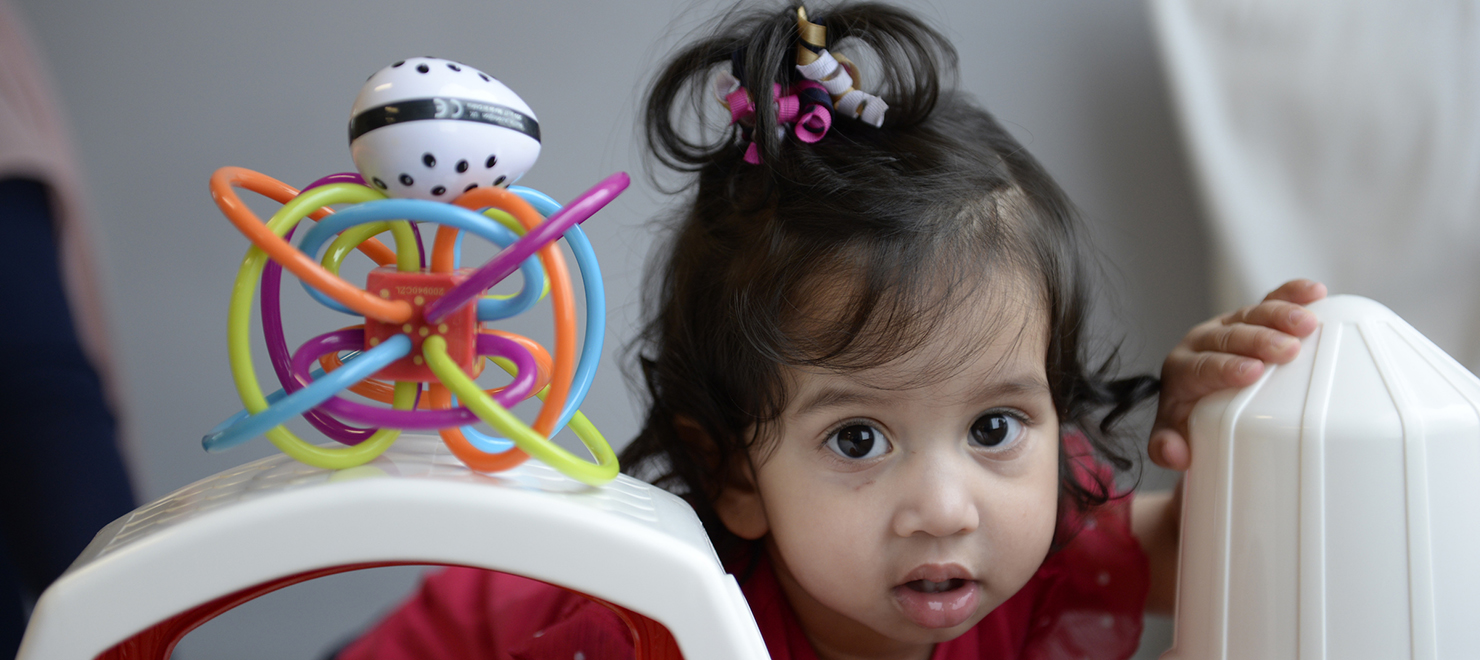
Dr. Ian Stiell is known around the world for creating decision rules that improve patient care, such as the Ottawa Ankle Rules, the Canadian C-Spine Rule, and now The Ottawa COPD Risk Scale.
Patients with chronic obstructive pulmonary disease (COPD) often come to the Emergency Department gasping for breath. These flare-ups can usually be treated safely in the ED, but sometimes they can lead to serious complications.
That’s why Dr. Ian Stiell created a decision tool to help doctors accurately predict which patients were the most likely to suffer complications.
A recent study published in CMAJ found that The Ottawa COPD Risk Scale is better than current practice at predicting these short-term risks. Now, this made-in-Ottawa tool can be used by doctors around the world to help choose the best care for their patients with COPD.
“Before this tool, there was no way to know if a patient who came to the Emergency Department with a COPD flare-up was going to have serious complications,” said Dr. Stiell, also a senior scientist at The Ottawa Hospital and distinguished professor at the University of Ottawa. “This new information can help doctors decide whether to admit a patient or send them home.”
COPD is a group of diseases that block airways and affects 11 percent of Canadians over age 35. Flare-ups of the disease make it harder to breathe and can lead to complications like needing a breathing machine or having a heart attack or death. However, identifying which patients will experience these complications is challenging. Dr. Stiell’s team previously found that about half of patients with COPD who suffer adverse events in Canada do so after being sent home. Until now, there has been little evidence to help prevent this.
“This tool will improve care for patients with COPD by helping ensure that those at high risk of dangerous complications are admitted to the hospital, and those at low risk are sent home,” said Dr. Stiell.
Dr. Stiell noted that doctors consider many factors when deciding whether to admit a patient, including how much support they have at home and whether they can see a doctor within a week of their visit. The Ottawa COPD Risk Scale does not replace these considerations but provides additional information to help doctors make a decision.
Dr. Stiell’s research team developed a tool based on data from 945 patients from Canadian hospitals. The 10-point scale includes elements from a patient’s history, examination or tests conducted during their visit. These risk factors are easy to determine and do not need expensive further testing.
A validation study with 1,415 more patients showed that using the risk scale is better than current practice. If used, it will likely increase COPD admissions for higher-risk patients while decreasing admissions of low-risk patients. Researchers don’t expect this tool to cause a net increase in COPD admissions overall.
“There’s no question that this tool can be used today,” said Dr. Stiell. “While designed for emergency physicians, it could also help others who serve patients with COPD, including respirologists, general internists and family doctors.”
Dr. Stiell is known around the world for creating decision rules that improve patient care, such as the Ottawa Ankle Rules and the Canadian C-Spine Rule. These rules are now available on a mobile app.
This study was funded by the Canadian Institutes of Health Research. Research like this is possible because of generous support for research to improve patient care at The Ottawa Hospital.

Support patient care and research at
The Ottawa Hospital
You might also like…
New gender-affirming surgery clinic now accepting patients
The Ottawa Hospital’s new gender-affirming surgery clinic is truly one of a kind. Launched in September 2023, it’s the only clinic in Ontario to offer trans and non-binary patients facial, top and bottom procedures. Plastic Surgeon Dr. Nicholas Cormier and his team are happy to announce that they are now accepting patient referrals from physicians.
Mental health professionals and paramedics team up to help people in crisis
Seven days a week, a mental health professional from The Ottawa Hospital hits the road with a paramedic from the Ottawa Paramedic Service. Together, they respond to 911 calls for mental health emergencies across the city. Social worker Cindy Gill and paramedic Scott Farrell share how the Mental Wellbeing Response Team provides quality care for patients out in the community.
“Stewards of hormones”: Our Gender Diversity Specialty Clinic guides medically complex patients on their affirmation journey
Often, trans and non-binary patients struggle to find health-care providers to support them on their affirmation journey. It is even more difficult for patients with complex medical needs. That’s why we launched our Gender Diversity Specialty Clinic, one of the first of its kind in Canada.
The comfort of home: Home Dialysis Program empowers patients to live more independent lives
For people living with kidney failure, the most ideal form of dialysis treatment is done in the place where they are most comfortable—their home. Five years ago, we transformed our Home Dialysis Program, enhancing quality of life for our patients, welcoming more patients, and turning it into a model for dialysis programs across the province.
A special video message for International Women’s Day
Every year on March 8, we recognize International Women’s Day to celebrate how far we have come with equal rights and opportunities for women, and to acknowledge how far we still have left to go. This video is a short-but-sweet reminder that the women who work for our organization are driven, caring, innovative and powerful.
The Ottawa Hospital administers world-first in-utero treatment for rare genetic disorder
Before Ayla was born, she had already made history. Last year at The Ottawa Hospital, she received a world-first in-utero treatment for Pompe disease, a rare genetic disorder that had taken the lives of two of her siblings. Now 17 months old, Ayla is healthy and happy.


 To reset, hold the Ctrl key, then press 0.
To reset, hold the Ctrl key, then press 0.






Comment on this post